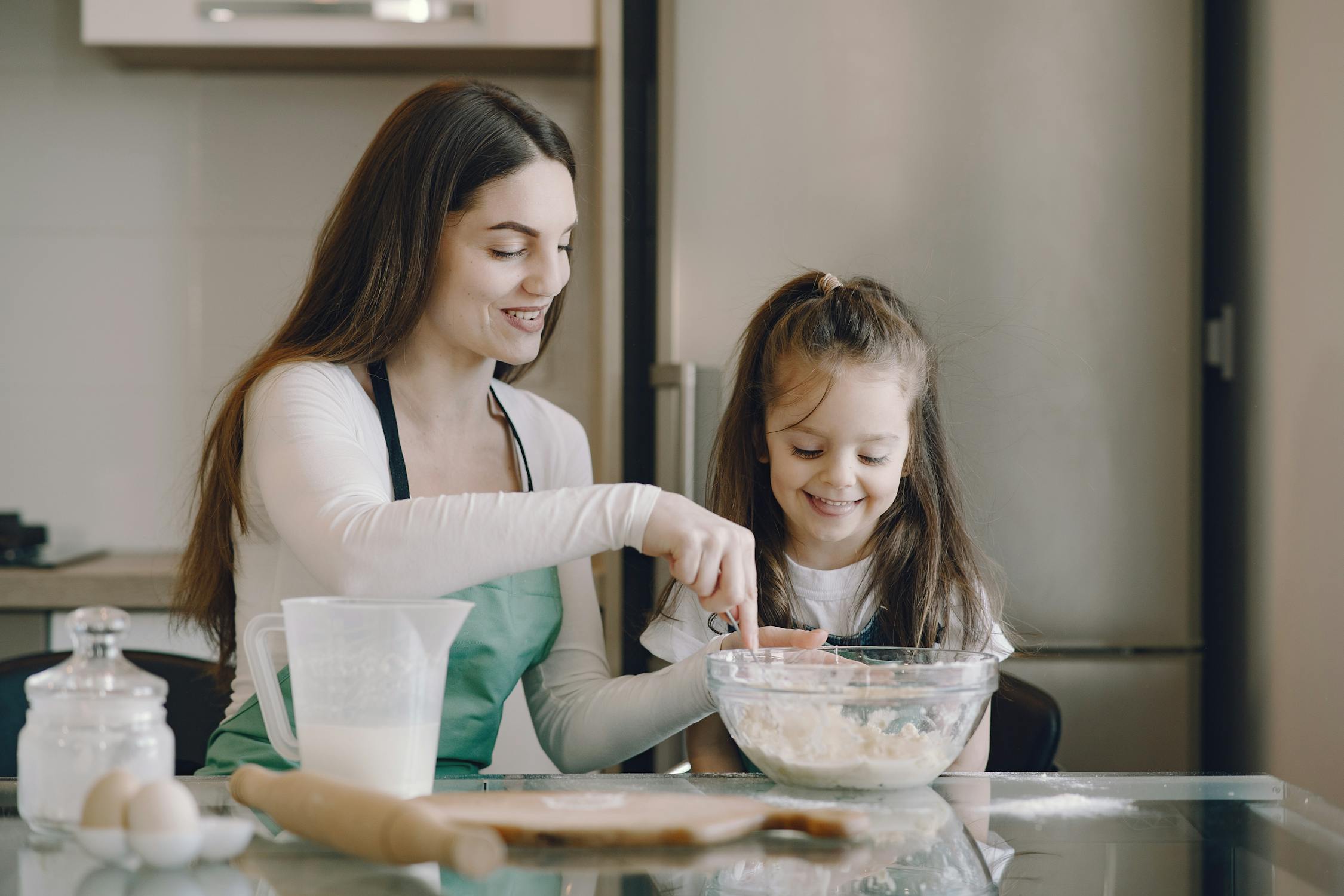We understand responsibility as one of the human qualities that include fulfilling duties, making decisions, performing certain activities, or taking care of another person or object. Responsible people often are more successful and have more respect and credibility from others. Therefore, it is essential to educate for it since children are small.
When parents think that their children are not responsible enough, they can feel hopeless. This topic is actual for many people, and it’s important to know what we, as parents, should do to help our children be responsible and happy. In this article, the team of paper writers and psychologists prepared seven tips on how to help children encourage their responsibility. So, let’s continue to read!

Index:
- Parents’ example
- Sharing family chores
- Autonomy
- Conflict resolution
- Rules and limits
- Reinforcement and praise
- Talking about responsibility
1. Parents’ example
If you want your child to be responsible, it is essential to remember that parents are relevant figures for children. They are a role model since children excel in learning by imitation, known as vicarious learning. In this case, it is the parents’ responsibility to show themselves as a good example to follow concerning their responsible conduct and behaviors, such as commitment, task completion, obligations, decision-making, and caring for their children.
2. Sharing family chores
Sharing household chores with your children can be very helpful in getting them used to have responsibilities. Thus, the different household chores can be shared equally, depending on age and difficulty. For example, children can be in charge of getting their clothes ready for the next day, setting the table before dinner, picking up their room and toys when they have finished playing with them, and if they make a mess on the floor, they can also be in charge of sweeping it.
If the child does not perform his tasks well but shows effort it is preferable to thank and congratulate his effort and collaboration.
It is a good way for children to learn what obligations are and to prepare themselves for their future family life. In this sense, making children responsible for some household chores can foster their development in terms of respect, collaboration, self-confidence, responsibility, effort, and perseverance.
3. Autonomy
It’s also important to leave personal space to a child so that he/she can have autonomy. The purpose of giving children freedom is to solve their problems by themselves. They should get their own experience through the space to make their good and bad decisions. Only this way can they become more responsible.
Space and independence must always be given according to the age of the children and taking into account the difficulties and situations in which they may find themselves.
4. Conflict resolution
This advice is closely related to giving autonomy to children since giving freedom implies that children learn to solve their conflicts and problems, either with themselves or with others. Sometimes, depending on the characteristics of the conflict, it may be more appropriate for the parents to act and not the children.
5. Rules and limits
Establishing appropriate rules and limits at home is highly recommended for the child to grow up learning to be responsible. In this way, children from a very young age already know what is expected of them: comply with the rules and limits set. In addition, they learn that if they comply with them, they will be proud of their parents and maintain a good relationship with them. On the other hand, if they do not comply with them, they can have negative consequences.
6. Reinforcement and praise
Just as there are negative consequences for not following chores, limits, and rules, there are rewards and positive outcomes for following them. It will help your child to be responsible.
So, when the child does something on his own and shows responsibility, it is recommended to be rewarded somehow, not necessarily with material objects. A hug, a kiss, a congratulation are examples that could be positive.
7. Talking about responsibility
Finally, the last tip is to talk about responsibility with the child. It is recommended to explain what it is, the benefits it entails, the negative consequences of not being responsible, among others.
It educates children to learn the value of their responsible behaviors. Paying their attention to everything related to being responsible can encourage the child to grow as a responsible and self-sufficient person.
In this article, you can see how to communicate better with your children and help them be more responsible. And the last piece of advice – love them! They need it.
